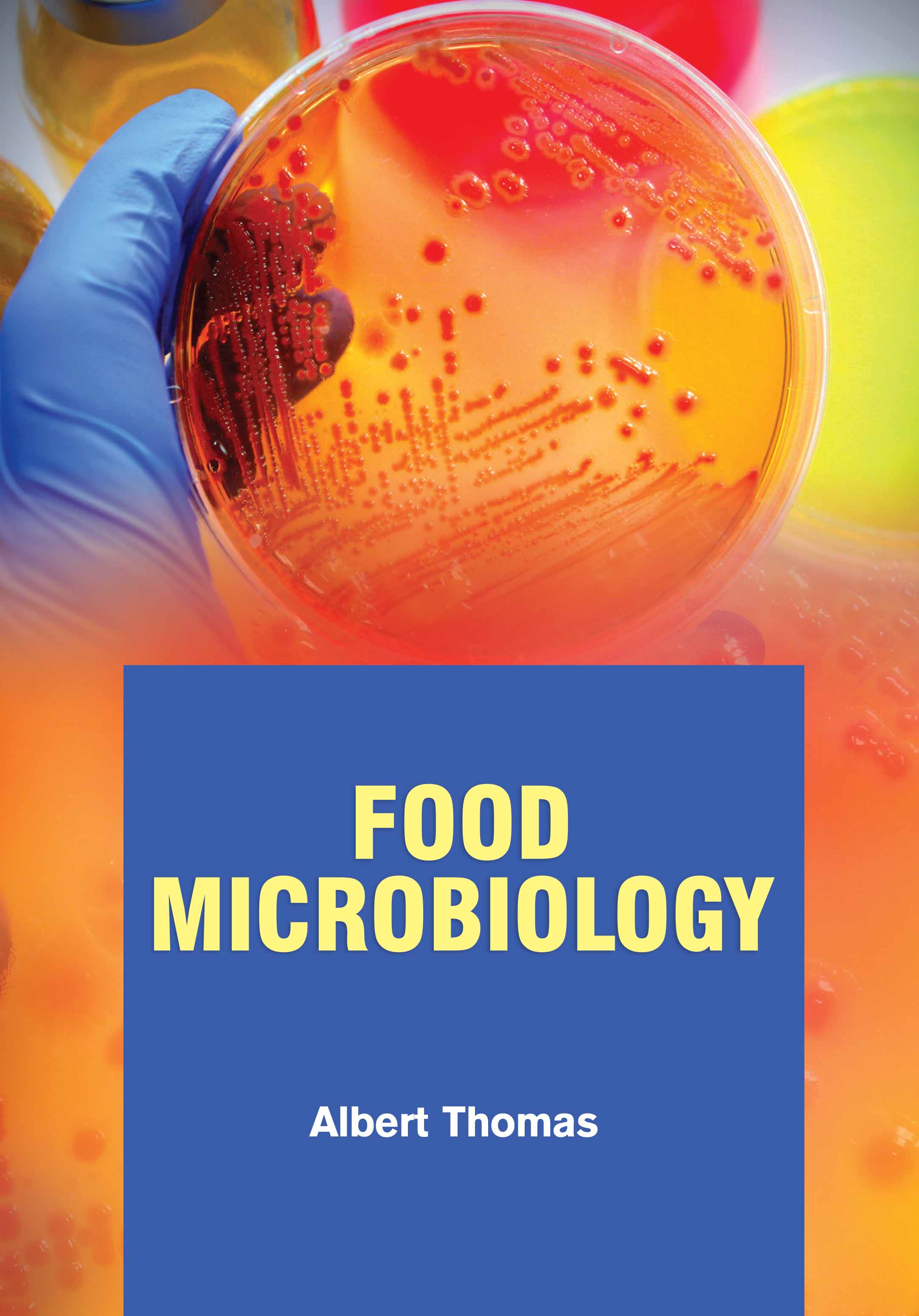About This Book
Abiotic stress refers to environmental factors that adversely affect plant growth and development,
including extreme temperatures, drought, salinity, and nutrient deficiencies. These stresses can
significantly reduce agricultural productivity and threaten plant health worldwide. Plants have evolved a
range of physiological, biochemical, and molecular mechanisms to cope with such stresses. Under
drought stress, plants often exhibit reduced water content, leading to stomatal closure, reduced
photosynthesis, and the activation of protective mechanisms like osmotic adjustment. Salinity stress
disrupts water uptake by creating an osmotic imbalance, and plants respond by synthesizing compatible
solutes and enhancing ion transporters to maintain cellular homeostasis. Temperature stress, both heat
and cold, affects enzymatic activities, protein stability, and membrane integrity. Plants activate heat
shock proteins or cold-responsive genes to protect cellular functions. In response to nutrient
deficiencies, plants adjust their root systems and alter the expression of specific transporters to enhance
nutrient uptake. Additionally, the accumulation of reactive oxygen species (ROS) is a common response
to various abiotic stresses. To mitigate ROS damage, plants activate antioxidant defense systems. Overall,
understanding plant responses to abiotic stress is essential for improving crop resilience and developing
strategies for sustainable agriculture in the face of changing environmental conditions. Abiotic Stress
and Plant Responses explores how plants adapt to environmental stressors, highlighting the
mechanisms that enable them to survive under adverse conditions.
Contents: 1. Abiotic Stresses, 2. Mechanisms of Stress Tolerance in Plants, 3. Biotic Stress, 4. Salt Tolerance
of Plants, 5. Transpiration, 6. Plant Responses to Salinity, 7. Improvement of Saline Soils, 8. Plant
Responses Mediated by Growth Regulators, 9. The Role of Evolution in Plant Physiological Adaptations,
10. Plant Water Relations, 11. Plant Hormones, 12. Methods to Evaluate the Adaptive Roles of Stressinduced
Genes.

